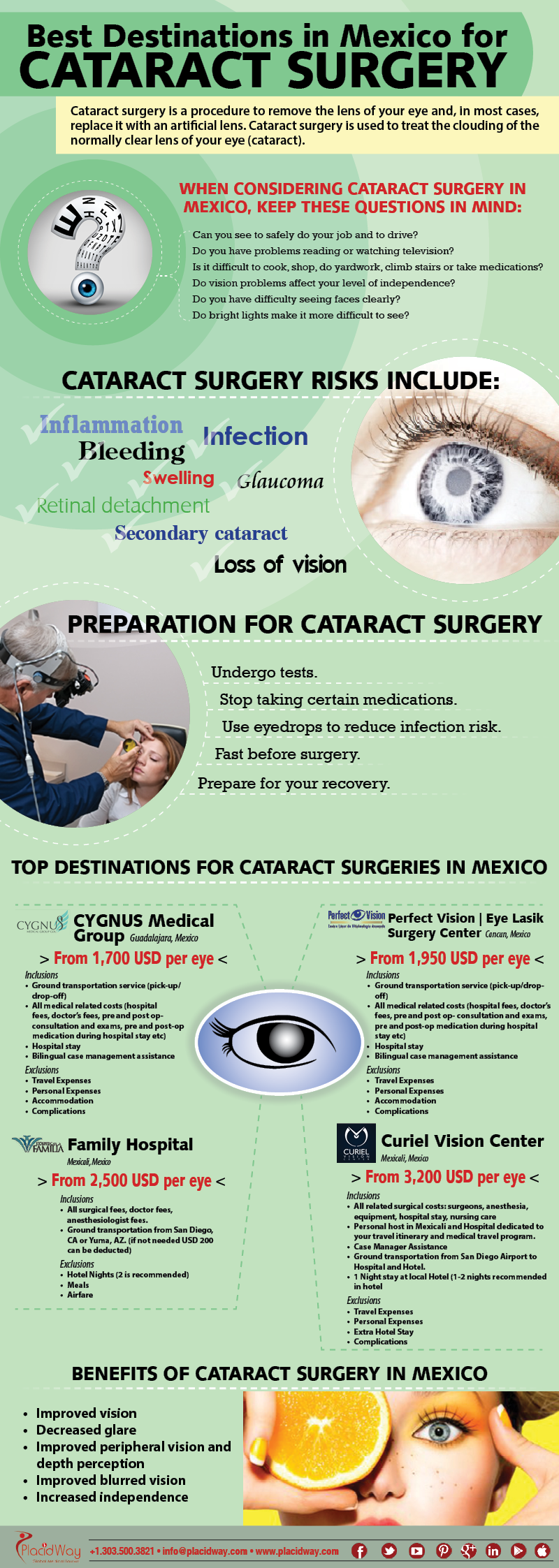Refractive Lens Exchange: Your Full Guide To Superior Vision
Refractive Lens Exchange: Your Full Guide To Superior Vision
Blog Article
Writer-Myers Noble
If you're over 40 and struggling with vision problems like hyperopia or nearsightedness, Refractive Lens Exchange (RLE) may be worth taking into consideration. This procedure changes your natural lens with a synthetic one, possibly lowering your dependancy on glasses. While the benefits are appealing, it's critical to recognize the dangers and qualification requirements. What should you know before making a decision that could transform your vision for life? Allow's explore this topic even more.
Recognizing Refractive Lens Exchange
Understanding Refractive Lens Exchange (RLE) can be essential for those considering vision improvement alternatives.
RLE is a procedure that changes your eye's all-natural lens with a synthetic intraocular lens. cataract surgery malpractice claims 's largely aimed at correcting serious refractive mistakes, such as hyperopia, myopia, or presbyopia.
During cataract surgery stitches , your cosmetic surgeon will certainly eliminate your over cast or clear lens and replace it with a lens tailored to your vision needs. This option is often considered for individuals over 40 that may not be suitable candidates for LASIK.
By picking RLE, you're not simply improving your vision; you're additionally possibly reducing your dependence on glasses or contact lenses.
Understanding exactly how RLE jobs will equip you to make enlightened decisions regarding your vision health.
Advantages and Dangers of RLE
Choosing RLE not just provides an opportunity to enhance your vision but likewise features its own set of benefits and threats.
One substantial benefit is the capacity for clearer vision, reducing or removing your dependancy on glasses or contact lenses. You might additionally experience a broader range of vision, especially if you opt for multifocal lenses.
Nevertheless, there are dangers included, such as infection, issues during surgical treatment, or frustration with the outcomes. review after cataract surgery experience aesthetic disruptions like halos or glare.
It's important to consider these advantages and risks meticulously. Consulting with your eye treatment expert can assist you make an enlightened choice that aligns with your vision goals and way of living.
Qualification Criteria for Refractive Lens Exchange
Prior to thinking about Refractive Lens Exchange (RLE), it's vital to identify if you satisfy the eligibility standards. Normally, you're an excellent candidate if you're over 40 years of ages and have a secure prescription.
You should also be experiencing refractive mistakes like myopia, hyperopia, or presbyopia. It's important to have healthy and balanced eyes with no significant conditions, such as cataracts or glaucoma.
Furthermore, you need to be in excellent total health and not have any kind of conditions that could influence recovery, like unchecked diabetic issues. If you use call lenses, you might require to quit using them for some time prior to your assessment.
Consulting with an eye treatment specialist will help you comprehend your specific situation and whether RLE is right for you.
Final thought
Finally, refractive lens exchange can change your vision and lower your dependence on glasses or calls. While it supplies countless advantages, it's critical to recognize the risks and guarantee you satisfy the eligibility requirements. Consulting with an eye treatment professional will assist you make an enlightened decision tailored to your requirements. If you're considering RLE, put in the time to discover your options and discuss any concerns, paving the way for clearer, much more vibrant eyesight.
